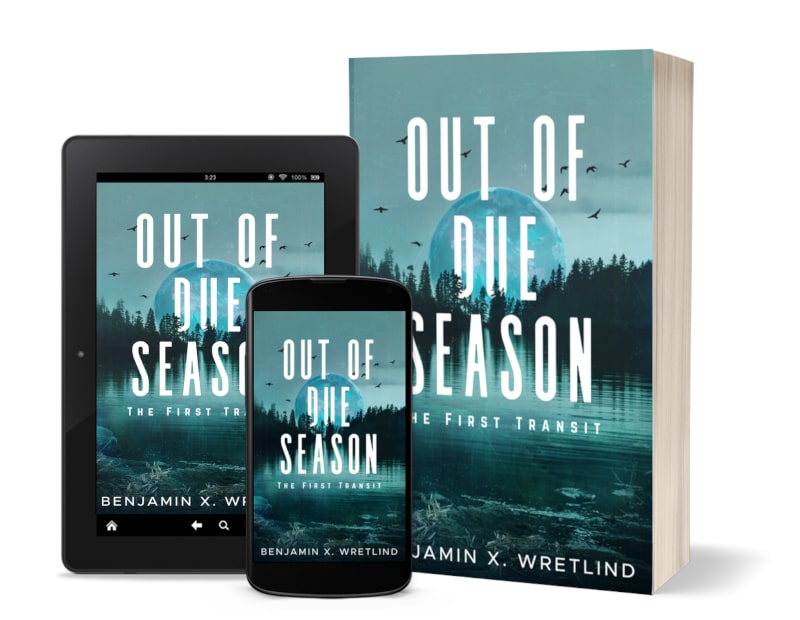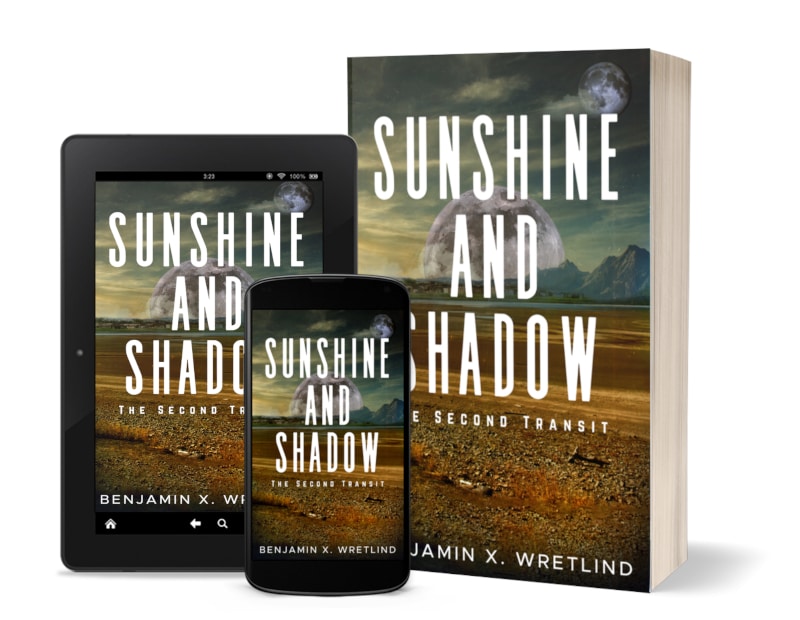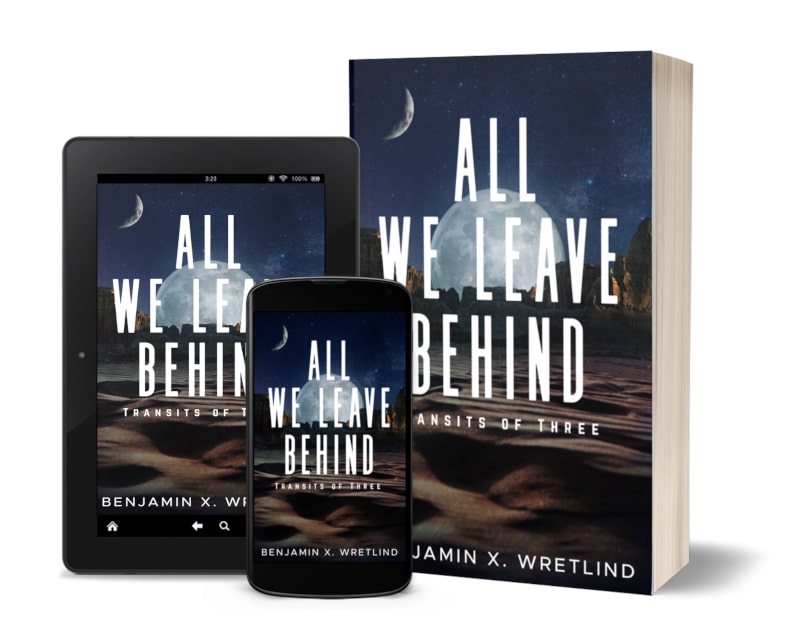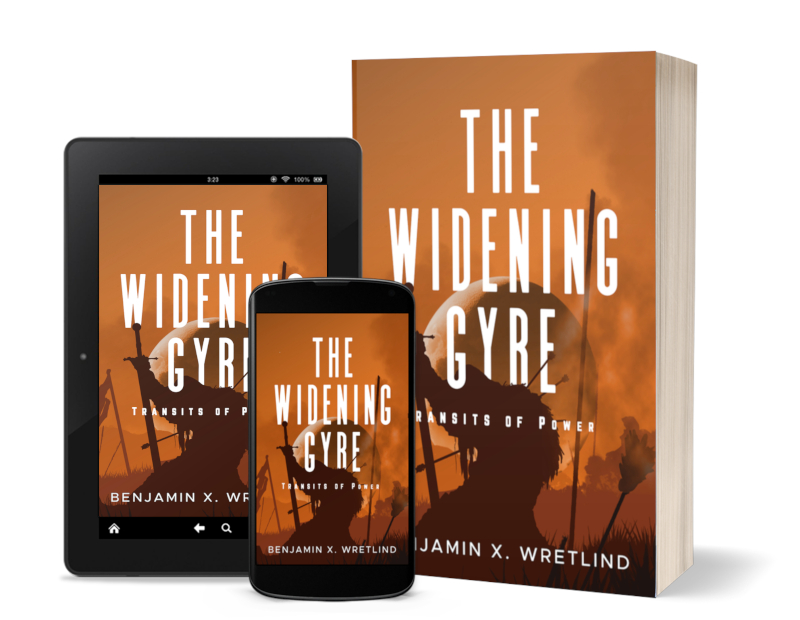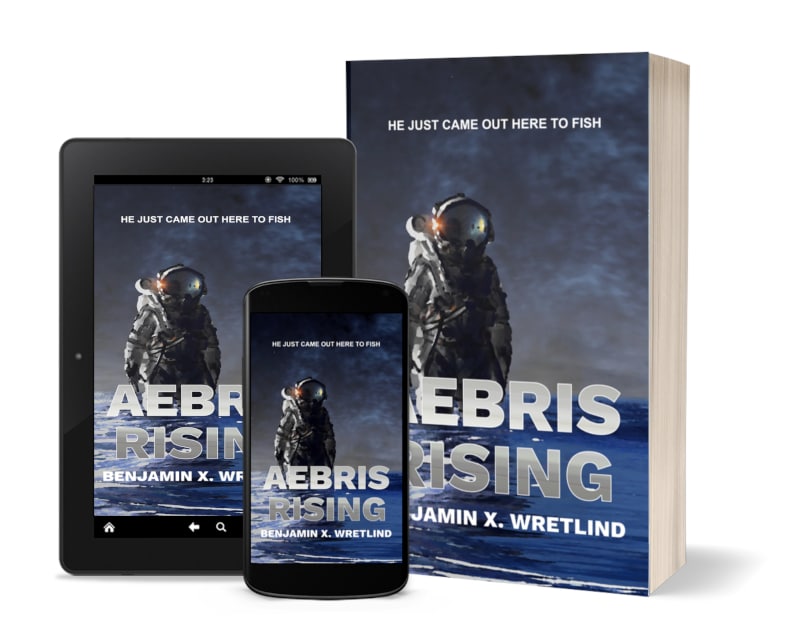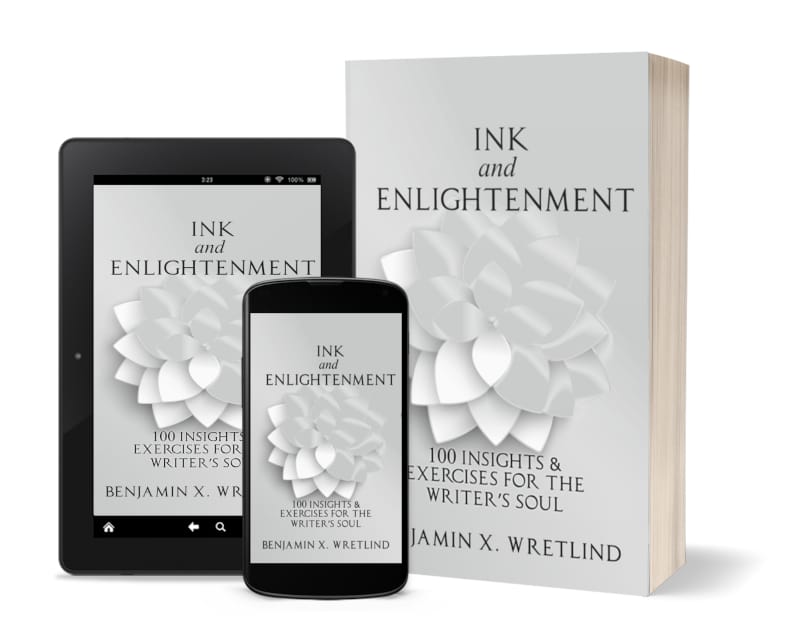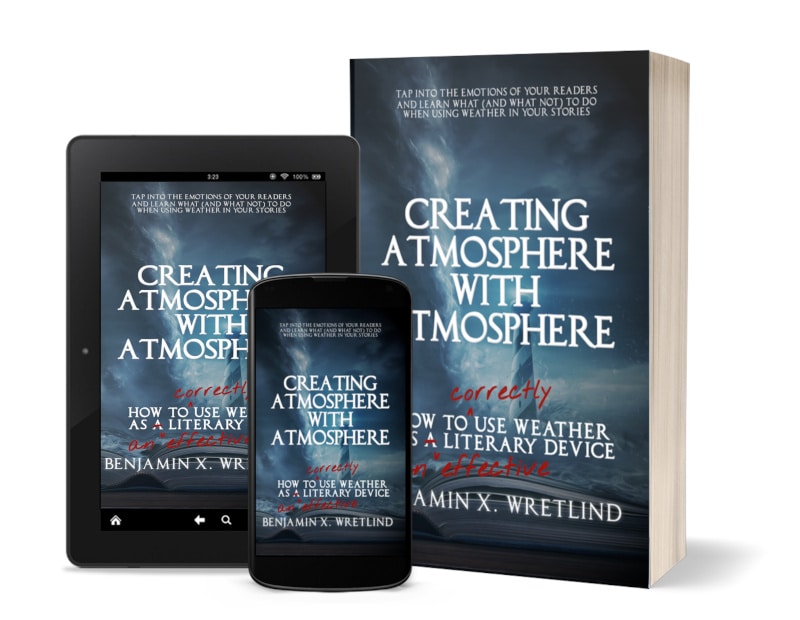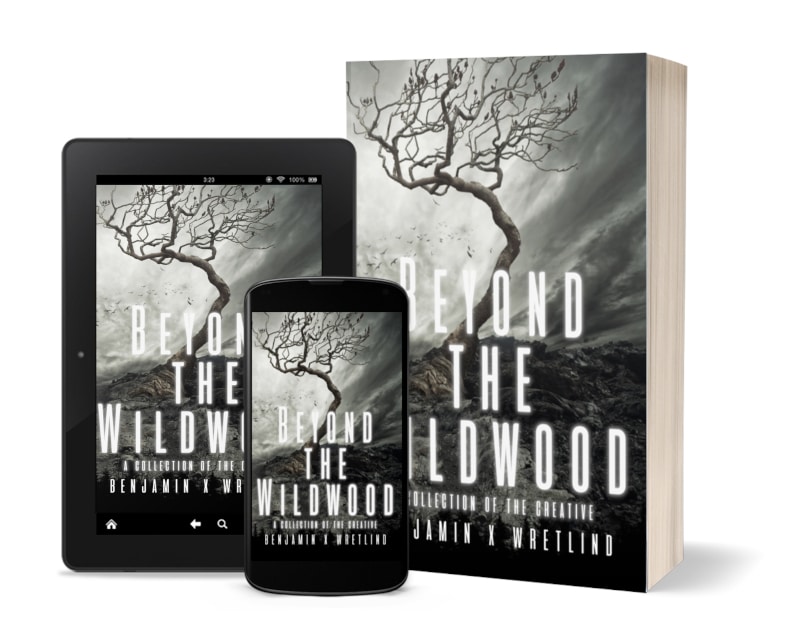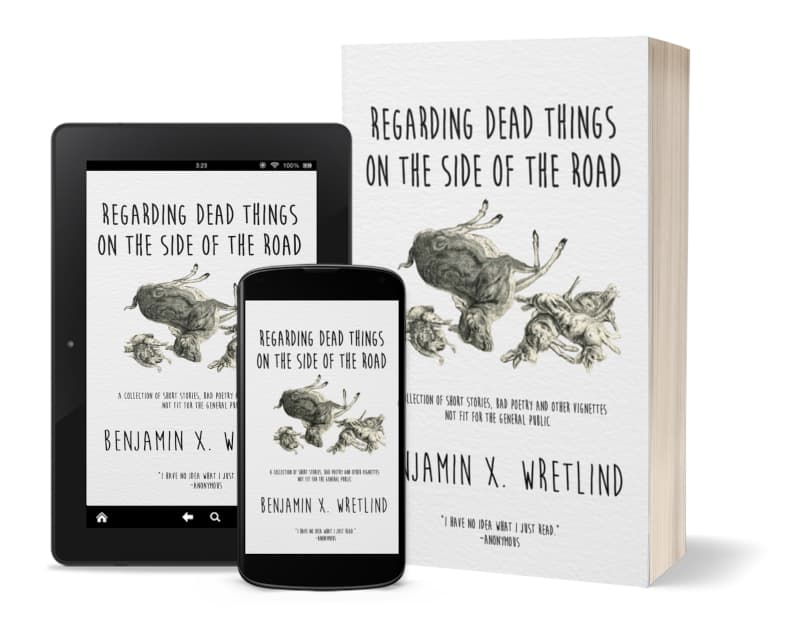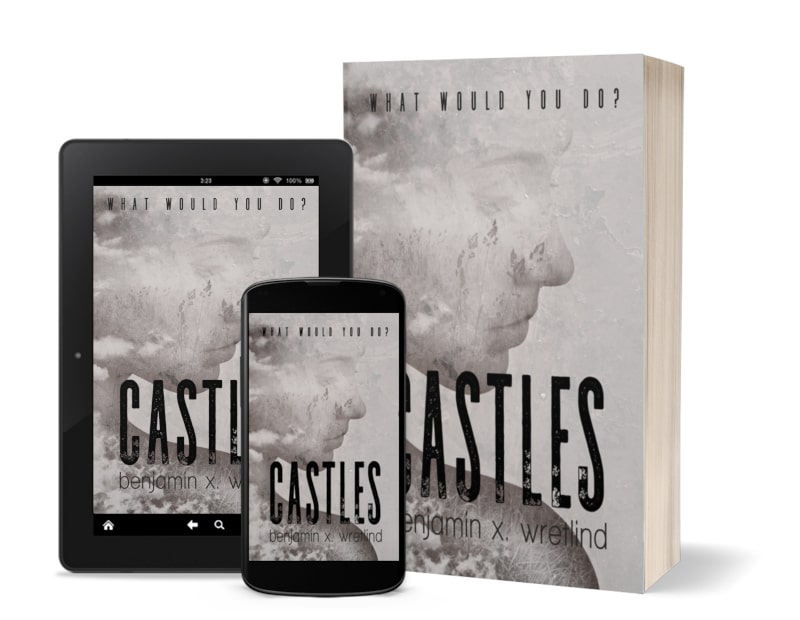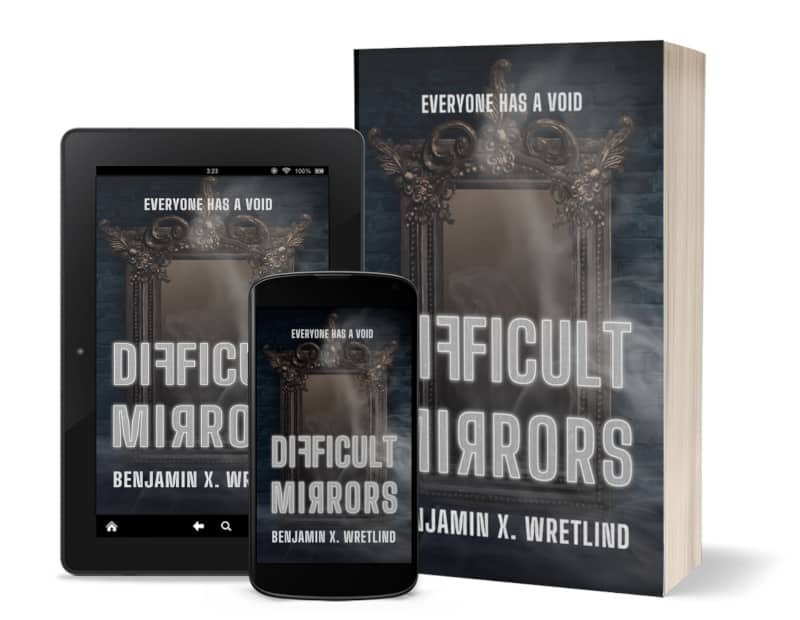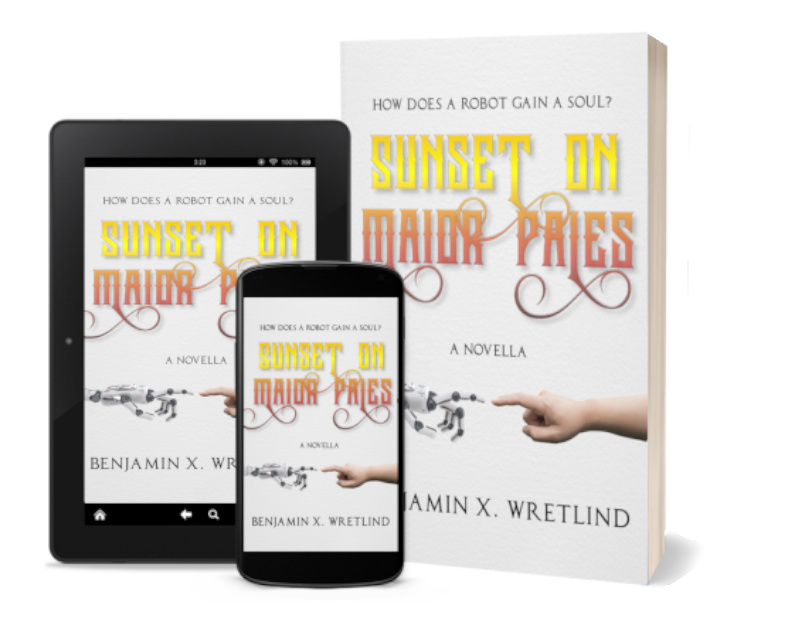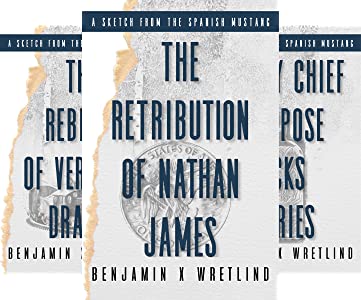Writer’s Block: Tips and Strategies for Getting Unstuck from Someone Who’s Stuck Often

Writer’s block is a common phenomenon that plagues writers of all levels, from novices to seasoned professionals and from you to me. It is characterized by the inability to produce new work or the sudden loss of creative flow, often resulting in frustration and decreased productivity.
The prevalence of writer’s block can be attributed to various psychological factors, such as self-doubt, perfectionism, and fear of failure. These internal obstacles may hinder the creative process and impede progress.
@bxwretlind Write on! #writertok #authortok #wip #screenwriter #writing #writingtips #writingcommunity #foryou #fyp #booktok ♬ We Will Rock You – why mona
The Psychological Factors in Writers Block (or Why the Brain Sucks)
Self-doubt is a significant psychological factor that contributes to writer’s block. It stems from a lack of confidence in your writing abilities and a constant questioning of the value of your work. This can be caused by past failures, negative feedback, or even the pressure of living up to personal or societal expectations.
Research has shown that self-doubt can lead to a continuous cycle of procrastination and avoidance, preventing you from making progress on your projects. Cognitive psychologists attribute this to the self-fulfilling prophecy, where your belief in your own inability to succeed leads to actions that ultimately reinforce that belief.
To counteract self-doubt, it is crucial to develop resilience and a growth mindset, acknowledging that setbacks and failures are natural parts of the creative process.
Perfectionism is another psychological factor that can contribute to writer’s block. If you strive for perfection, you may find yourself unable to begin or complete a project due to an overwhelming fear of making mistakes or producing subpar work. This relentless pursuit of flawlessness can create an unrealistic standard, leading to paralysis and procrastination.
Psychologists have found that perfectionism can be linked to anxiety, depression, and low self-esteem, further complicating the writing process. Research suggests that adaptive perfectionism, which focuses on setting high but attainable standards, is a healthier alternative that encourages growth, learning, and a more enjoyable creative experience.
Fear of failure is a third psychological factor that can exacerbate writer’s block. This fear is often rooted in your personal identification with your work, making rejection or criticism feel like a direct attack on your self-worth. Such fear can manifest in a variety of ways, including excessive self-editing, avoidance of challenging projects, or even complete cessation of writing.
Studies show that fear of failure is closely related to a fixed mindset, which perceives abilities as unchangeable and any failure as a reflection of personal inadequacy. Researchers advocate for the cultivation of a growth mindset, which views failure as an opportunity for learning and improvement, as a means to mitigate the paralyzing effects of this fear on the creative process.

Strategies for Overcoming Writer’s Block
Writer’s block, while daunting, can be conquered with the implementation of effective strategies designed to address the underlying psychological factors. These approaches not only focus on practical tips for getting unstuck but also emphasize techniques for managing self-doubt, perfectionism, and fear of failure.
One practical strategy for overcoming writer’s block is setting clear, attainable goals for each writing session. By establishing specific objectives, you can concentrate your efforts on a particular task, reducing the overwhelming feeling that may arise from viewing a project in its entirety. This focused approach allows you to make steady progress and build momentum, creating a sense of accomplishment and boosting self-confidence.
Additionally, you might benefit from breaking larger tasks into smaller, more manageable chunks. This method, known as “chunking,” can help simplify complex projects and prevent feelings of paralysis or procrastination. By completing each smaller task, you experience a sense of achievement that reinforces your motivation and commitment to the overall project. If football is “a game of downs,” then writing might be considered a “game of chapters.”
Another effective strategy for overcoming writer’s block is experimenting with different writing environments and routines. You may find that certain surroundings or habits facilitate creativity and productivity more than others. For instance, some people may thrive in a quiet, distraction-free space, while others may prefer a bustling coffee shop with ambient noise. Personally, I need the couch and early morning, but occasionally need to move somewhere else to get over a block.
Similarly, you may benefit from setting aside dedicated writing times or you may work best when seizing spontaneous moments of inspiration. By identifying the conditions that best support your creative flow, you can tailor your environments and routines to maximize productivity and minimize the effects of writer’s block.
Writing Prompts
Another effective way to overcome writer’s block is to utilize writing prompts. These prompts serve as a catalyst for creativity, offering a starting point for writers who may be struggling to generate ideas or find their creative flow. By engaging with these prompts, writers can break free from the constraints of writer’s block and reignite their passion for the written word.
I’ve been trying to add writing prompts daily to my TikTok account (–> go here and follow), but there are hundreds of places you can find them.
Here are 10 prompts designed to spark inspiration and get those creative juices flowing:
- Write a letter to your future self, detailing your hopes, dreams, and the challenges you are currently facing. How do you imagine overcoming these obstacles, and what advice would you give your future self?
- Choose a random object in your immediate surroundings and craft a story or poem around it. How does this object connect to a character or situation, and what significance does it hold?
- Imagine a world in which a mundane, everyday activity is now illegal. Describe the implications of this new law and how it affects society, weaving a narrative around the consequences of breaking this law.
- Write a conversation between two people who have never met before but find themselves stranded together in an unusual location. How do their backgrounds and personalities shape their interactions, and what surprising revelations emerge as they get to know each other?
- Select a well-known historical event and reimagine it from the perspective of an unlikely witness. How does this new viewpoint shed light on the event, and what previously unknown details come to the fore?
- Think of an emotion or feeling, and personify it as a character in a story. How does this character interact with others, and what challenges do they face as a result of their unique nature?
- Describe a dream you’ve had or create a fictional one, and then write a story that incorporates elements of that dream. What aspects of the dream world bleed into reality, and how do these surreal elements shape the narrative?
- Choose a favorite song, and write a story or poem inspired by its lyrics, melody, or overall mood. How does the music translate into the written word, and what emotions does it evoke?
- Write a story that begins with the sentence: “It was a seemingly ordinary day when everything changed.” What event disrupts the status quo, and how do the characters adapt to this new reality?
- Develop a story around a bizarre or unexpected inheritance. How does this unusual bequest affect the recipient’s life, and what secrets or mysteries are uncovered as they delve into their inheritance?

You’re Not Alone
Every writer, regardless of experience or skill level, encounters writer’s block at some point in their journey. It is a natural part of the creative process, and overcoming it is not only possible but also an opportunity for growth and self-discovery.
Embrace these challenges with courage, resilience, and a curious mindset, and you will emerge as a stronger, more resourceful writer.
Keep in mind that the world is waiting for your unique voice and stories, and your perseverance will undoubtedly inspire others to overcome their own creative hurdles.
Write on, and let your imagination soar!


